This article was medically reviewed by Janice Litza, MD. Dr. Litza is a board certified Family Medicine Physician in Wisconsin. She is a practicing Physician and taught as a Clinical Professor for 13 years, after receiving her MD from the University of Wisconsin-Madison School of Medicine and Public Health in 1998.
There are 10 references cited in this article, which can be found at the bottom of the page.
This article has been viewed 56,203 times.
The pain caused by anal fissures can be scary, especially if you’ve never experienced it before. However, there are ways to heal them. You can treat fissures with medication after seeing your doctor for an exam. If the fissures are chronic or severe – which they might be after events like childbirth – they might require surgery. Discuss all surgical options with your doctor. You can also take steps to prevent fissures. Drinking more water and eating more fiber can make it less likely that fissures develop in the first place.
Steps
Treating Fissures with Medication and Home Care
-
1See a doctor to discuss treatment options. A doctor will be able to tell if you have fissures or if your symptoms are caused by other underlying issues. These could include abscesses, infections, or internal trauma. Make sure you share all of your symptoms with your doctor – they need to know everything to give you a proper diagnosis.[1]
-
2Try a sitz bath to soothe pain and relax your muscles. A sitz bath is just a bath in warm, but not hot, water. The warm water can help your anal muscles relax, which in turn allows the fissures to heal. Take a warm bath 2 to 3 times a day for about 20 minutes to allow your muscles to relax and the fissures to heal.[2]
- Relax your muscles every 5 minutes while you’re in the tub. First contract the muscle that you would contract to stop a bowel movement. Then focus on relaxing it as much as possible.[3]
Advertisement -
3Sit on a heating pad when you can’t take a bath. Just like a warm bath can help relax your muscles, so can a heating pad. A heating pad is also a good portable option for relief—for example, you might bring it to work with you for use during the day. Set the heat to the middle setting – you don’t want it to be too hot. You can sit on the heating pad for up to 20 minutes at a time.[4]
-
4Apply a topical ointment to relax your muscles. Your doctor might prescribe a topical ointment that will soak into your anal muscles and relax them. Without the spasms that accompany fissures, the fissures may have time to heal.[5]
- Your doctor will give you exact directions for applying the ointment, but you’ll probably apply it twice a day for 6 weeks.[6]
-
5Use a numbing agent to soothe pain. If your pain is severe, your doctor might prescribe a numbing cream like lidocaine. It can be prescribed in addition to or instead of a topical ointment. If you notice any burning or irritation, tell your doctor right away.[7]
-
6Ask your doctor about a laxative to make passing stools easier. If your stools are very hard and causing a lot of pain, your doctor might prescribe a laxative. A laxative will allow you to pass soft stools very easily, giving your fissures a chance to heal.[8]
Treating Fissures Surgically
-
1Ask your doctor about Botox injections. Getting Botox injected in your anal muscles will temporarily paralyze the muscles and prevent spasms. Without the spasms or clenching, the fissures have a chance to heal.[9]
- It takes about 2 weeks to heal from a Botox injection, so keep that timeline in mind when you speak to your doctor.
-
2Discuss a sphincterotomy with your doctor. A sphincterotomy is a medical procedure where you doctor cuts through part of the muscle. This permanently disrupts your muscles’ ability to spasm and can be an option if you regularly suffer from fissures.[10]
- Recovering for a sphincterotomy will take about 2 weeks.[11]
- If you already have bowel control issues, a sphincterotomy might exacerbate them. Make sure you discuss that issue with your doctor when you talk about this procedure.
-
3Ask your doctor about advancement anal flaps. This procedure involves taking healthy tissue from another area of your body and then using it to repair your fissures. This is an option if the fissures are very severe or are not healing as they should.[12]
Preventing Fissures
-
1Drink more water. If your body is properly hydrated, you’re less likely to become constipated and develop fissures as a result. You should be drink at least 2 US quarts (2,000 ml) (8 cups) of water each day. You can drink more than that, if you like.[13]
-
2Incorporate more fiber and leafy greens in your diet. Fiber and leafy greens will help keep your digestive system healthy, which in turn prevents hard stools. This can help prevent fissures. Good sources of fiber include whole fruits, vegetables, and beans. Eat leafy greens such as spinach, kale, and cabbage.[14]
-
3Don’t delay going to the bathroom when you feel the urge. Delaying a bowel movement can cause constipation or make it harder for you to go later. That in turn can cause fissures. So as soon as you feel the urge to go coming on, go![15]
-
4Avoid foods that cause constipation. Because constipation can cause fissures, taking foods out of your diet that can cause constipation can help prevent fissures. Cut out cheese and other dairy products, chocolate, and fried foods. It can also help to cut back on red meat.[16]
-
5Exercise regularly. Getting 30 minutes of exercise in each day can help prevent fissures. Regular physical activity promotes regular bowel movements, which can prevent fissures.[17]
References
- ↑ https://health.clevelandclinic.org/how-you-can-deal-with-anal-fissures-2/
- ↑ https://health.clevelandclinic.org/how-you-can-deal-with-anal-fissures-2/
- ↑ https://www.ucsfhealth.org/education/anal_fissures/
- ↑ https://well.blogs.nytimes.com/2013/11/18/a-pain-thats-hard-to-discuss/
- ↑ https://my.clevelandclinic.org/health/diseases/13177-anal-fissures
- ↑ https://www.nhs.uk/conditions/anal-fissure/treatment/
- ↑ https://health.clevelandclinic.org/how-you-can-deal-with-anal-fissures-2/
- ↑ https://www.nhs.uk/conditions/anal-fissure/treatment/
- ↑ https://fascrs.org/patients/diseases-and-conditions/a-z/anal-fissure
- ↑ https://www.uofmhealth.org/health-library/uf4764
- ↑ https://jamanetwork.com/journals/jama/fullarticle/2776331
- ↑ https://www.nhs.uk/conditions/anal-fissure/treatment/
- ↑ https://www.nhs.uk/conditions/anal-fissure/treatment/
- ↑ https://health.clevelandclinic.org/how-you-can-deal-with-anal-fissures-2/
- ↑ https://www.hopkinsmedicine.org/health/conditions-and-diseases/anal-fissures
- ↑ https://well.blogs.nytimes.com/2013/11/18/a-pain-thats-hard-to-discuss/
- ↑ https://familydoctor.org/condition/anal-fissures/
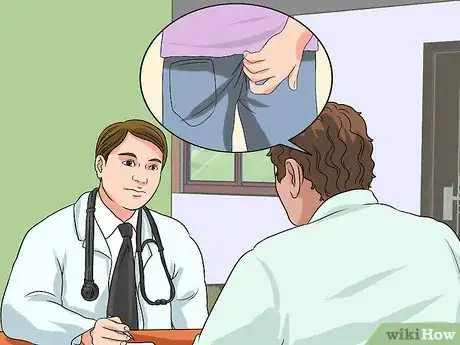

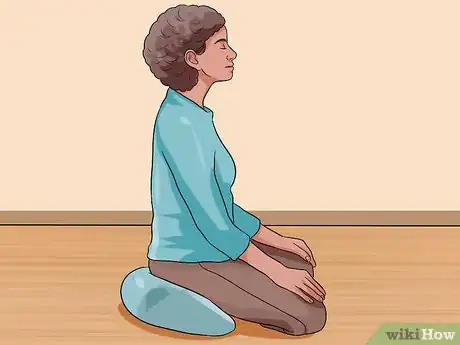



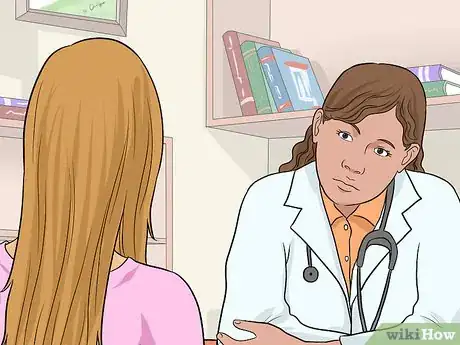
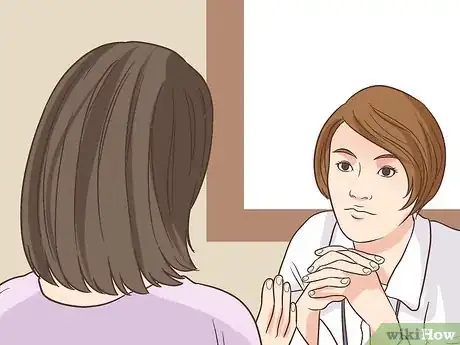


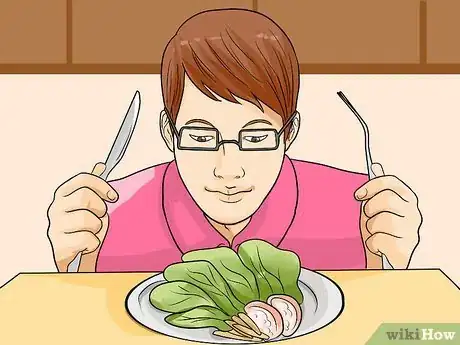



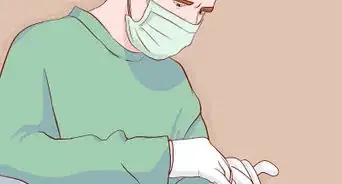
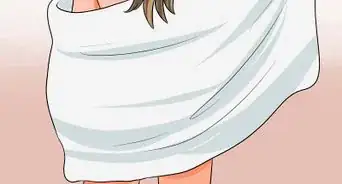


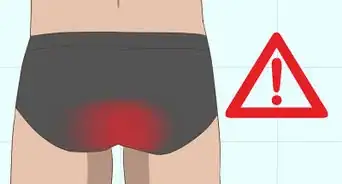

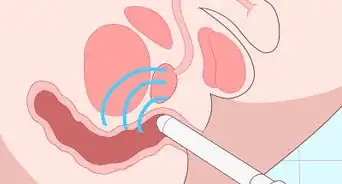

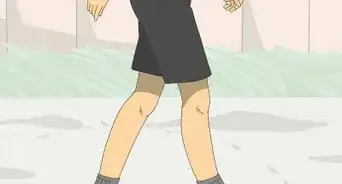









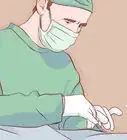

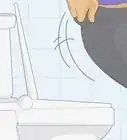




































Medical Disclaimer
The content of this article is not intended to be a substitute for professional medical advice, examination, diagnosis, or treatment. You should always contact your doctor or other qualified healthcare professional before starting, changing, or stopping any kind of health treatment.
Read More...